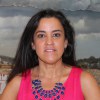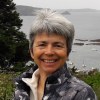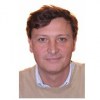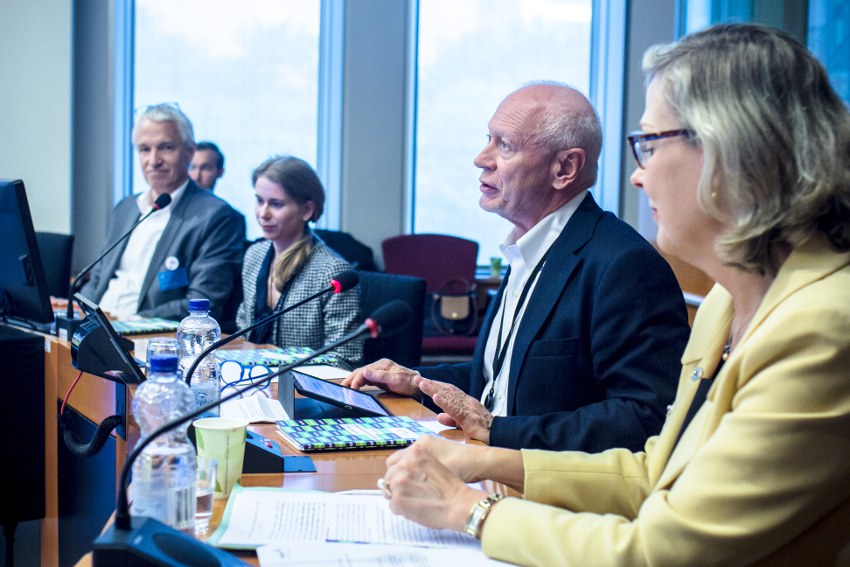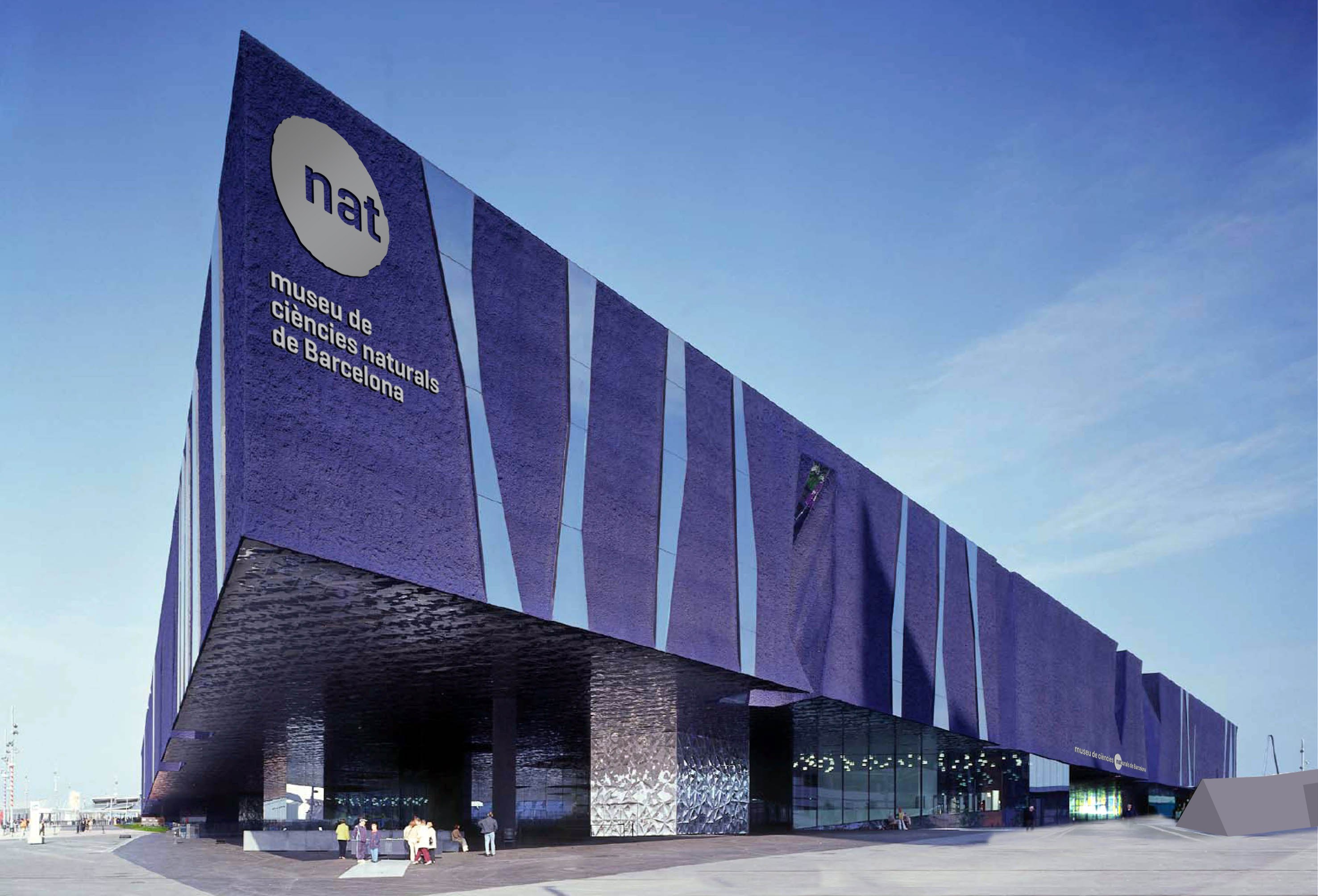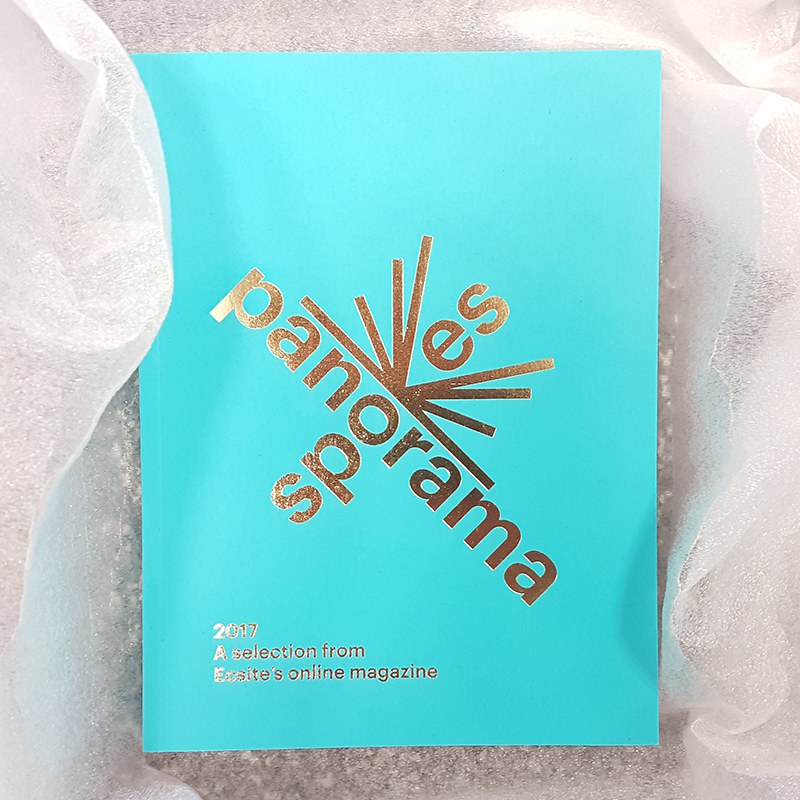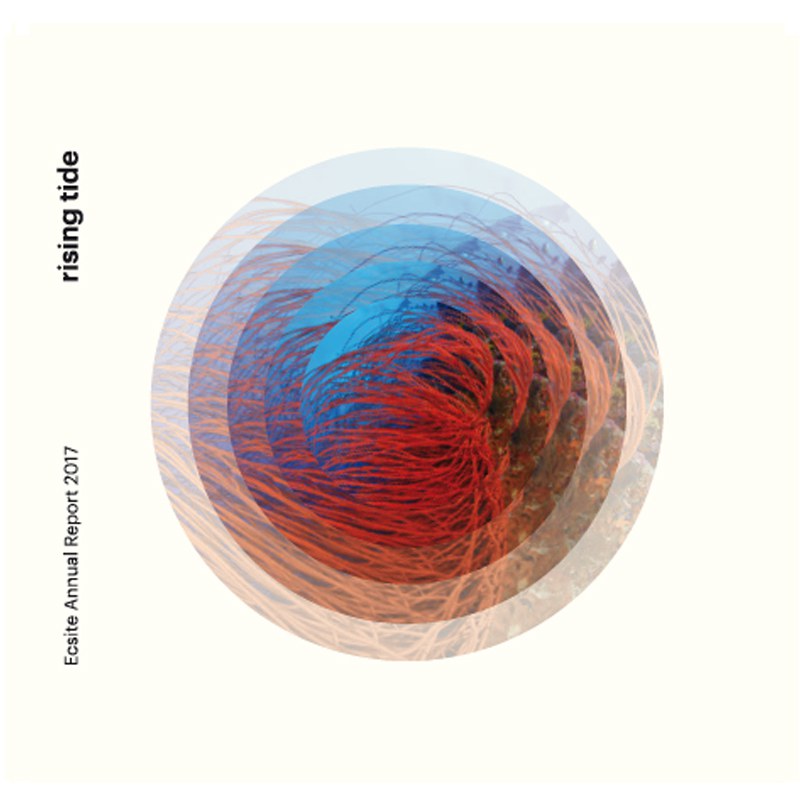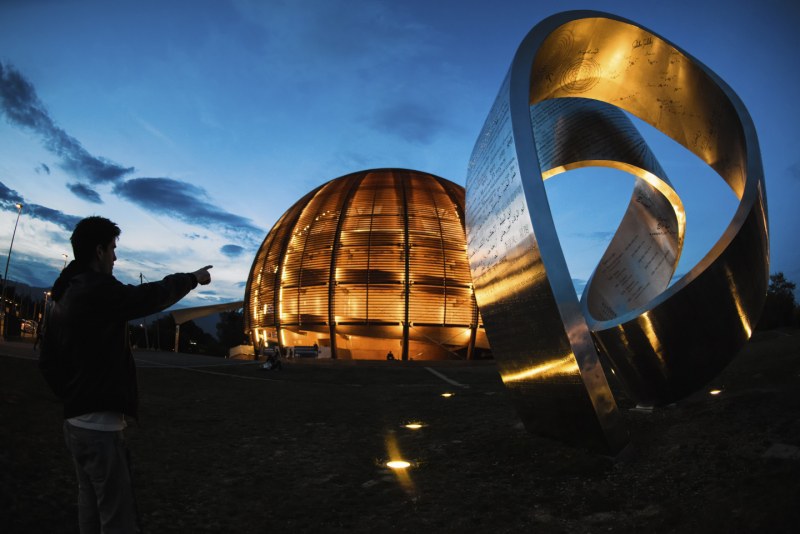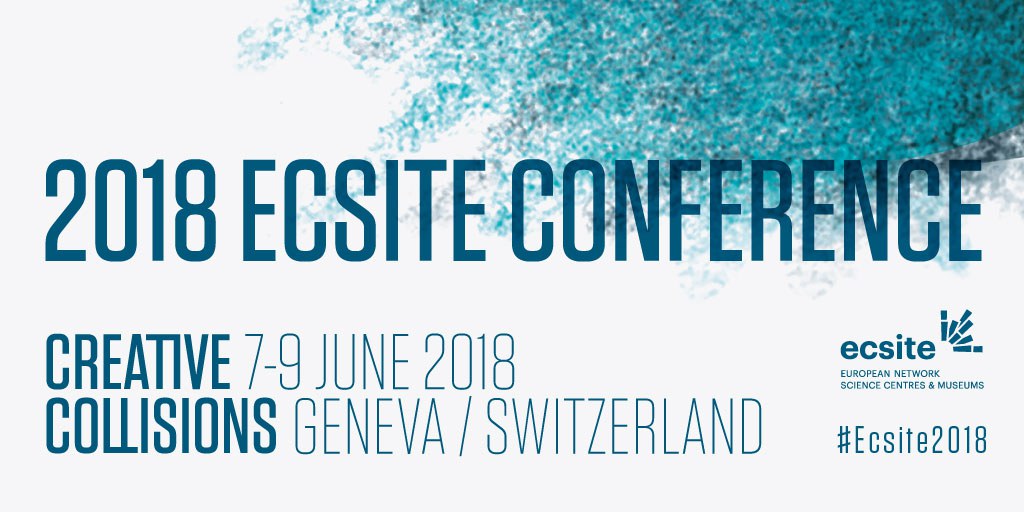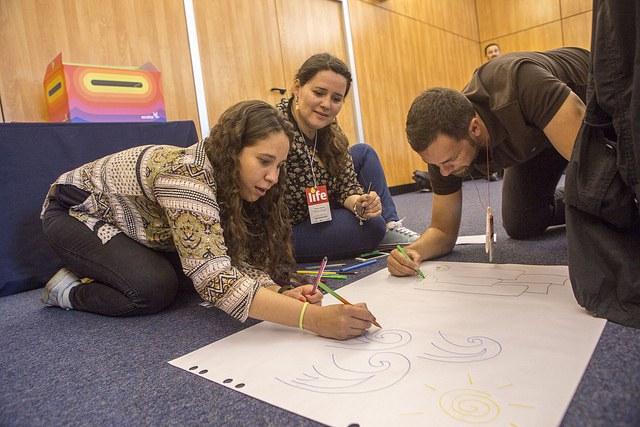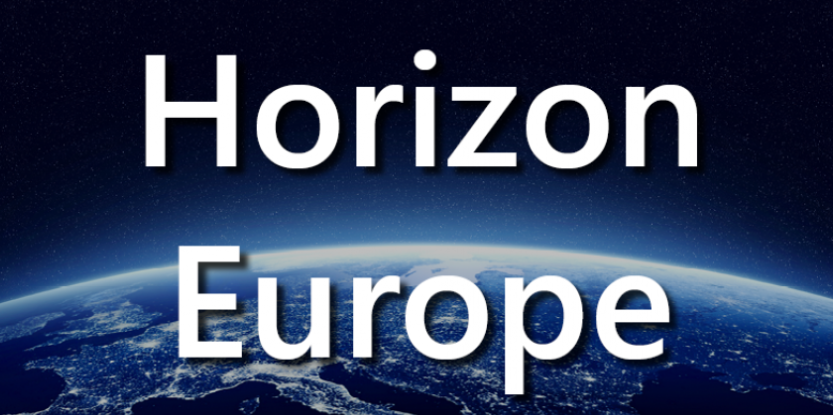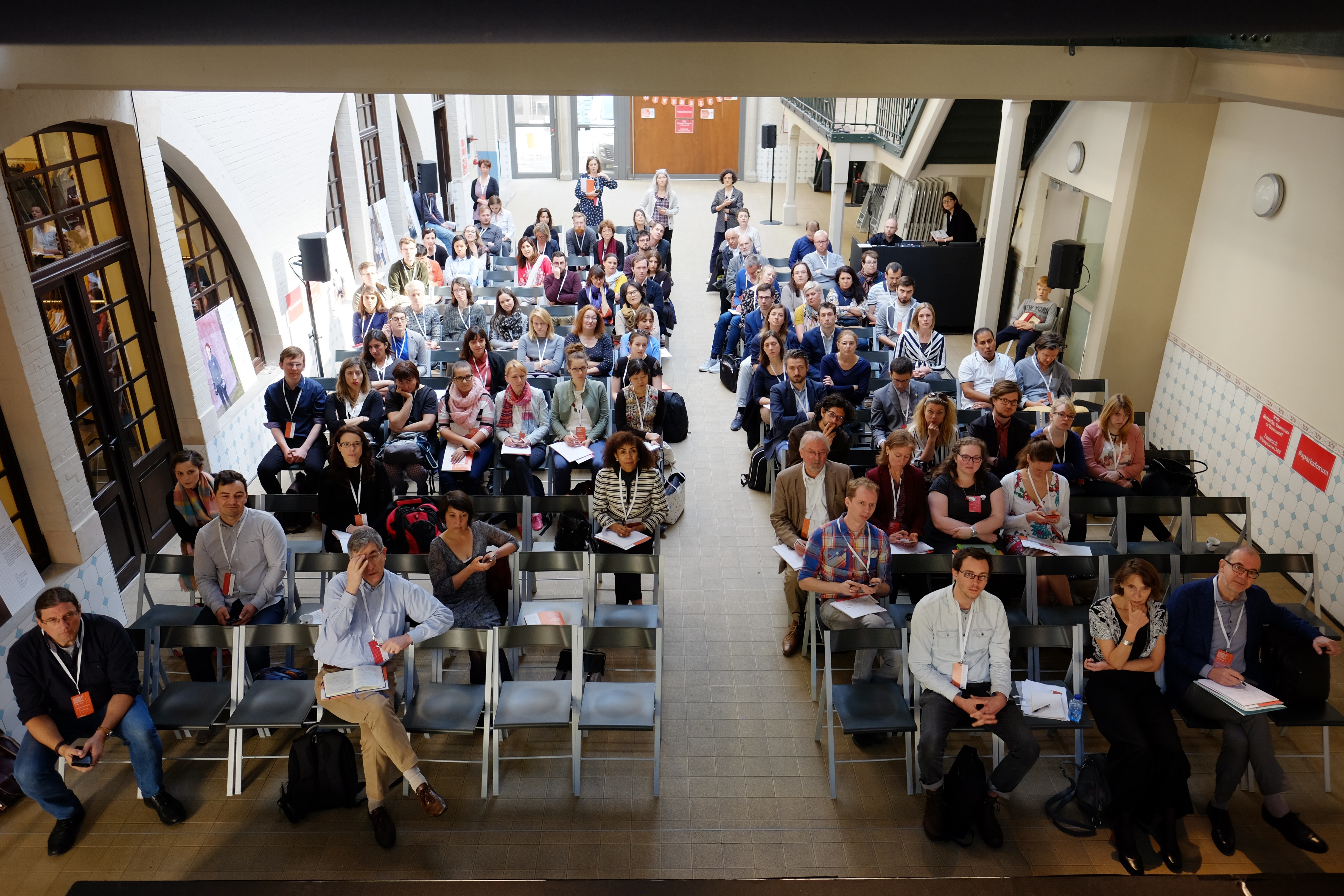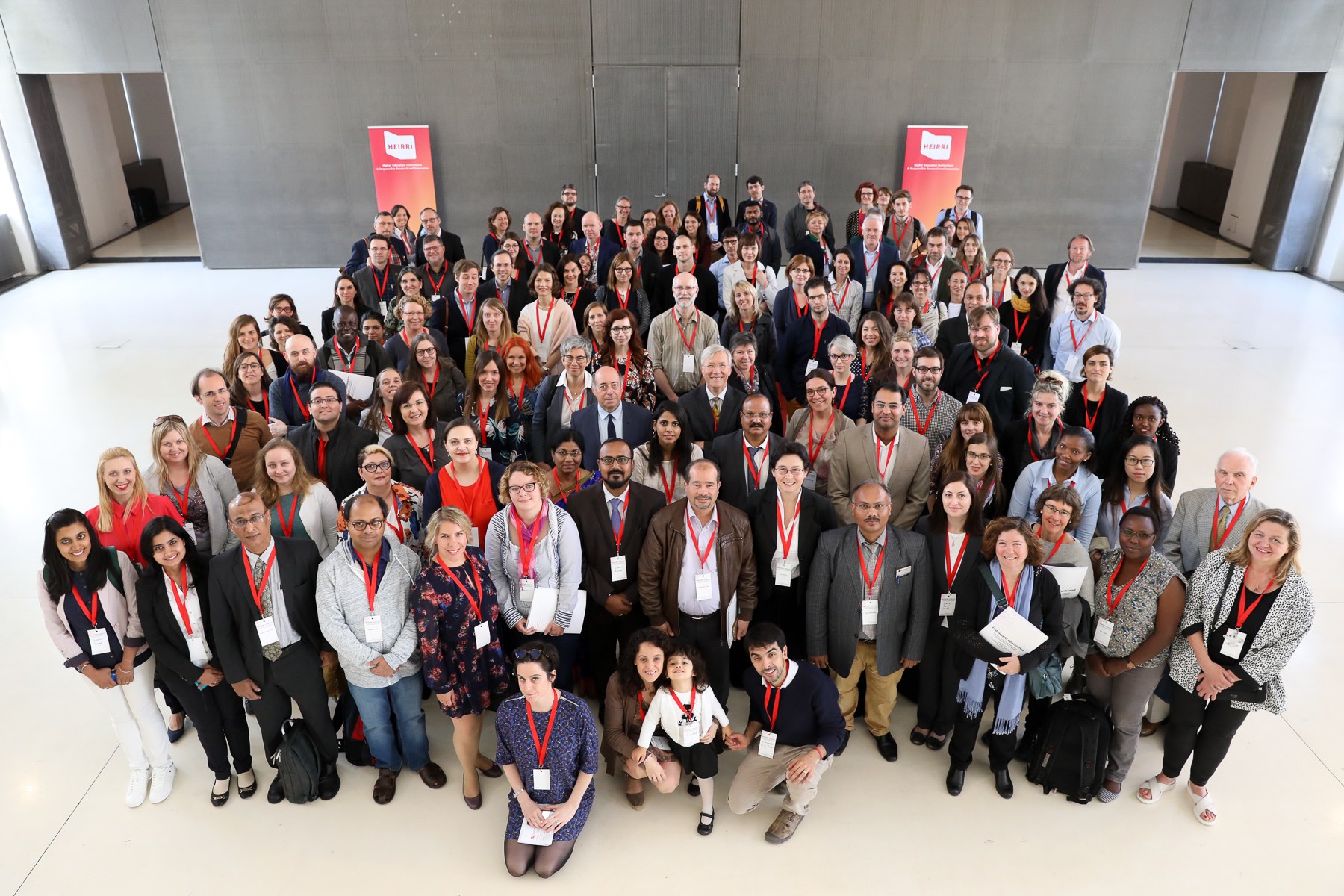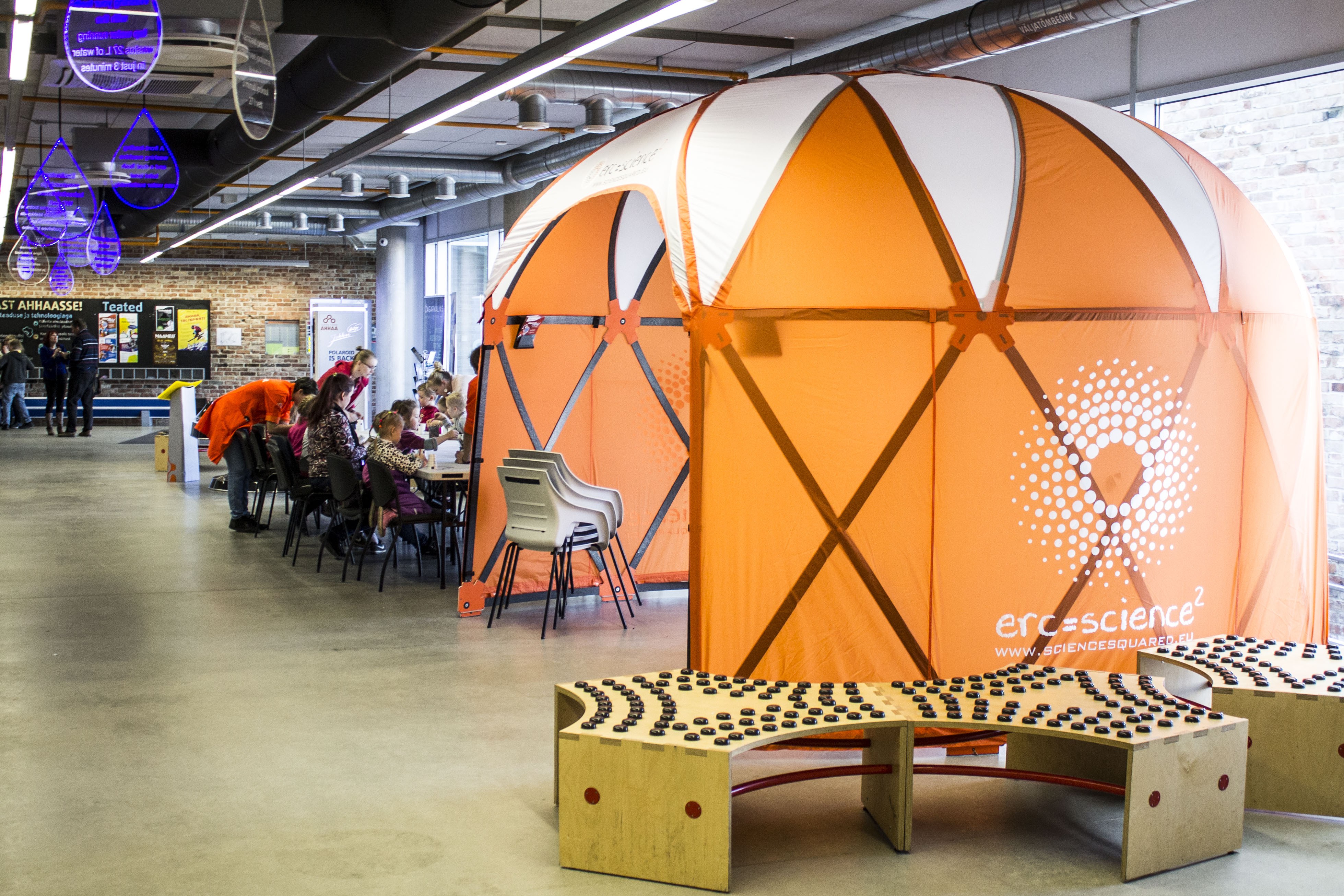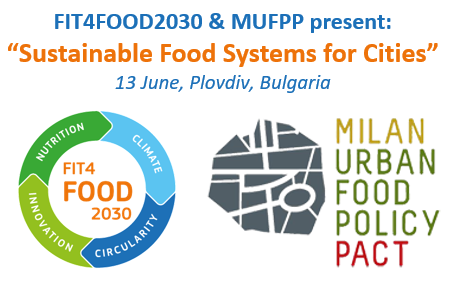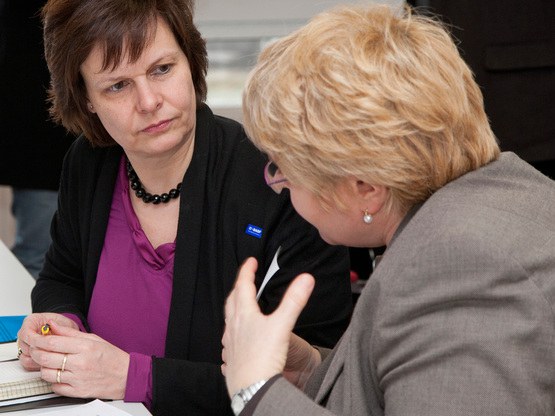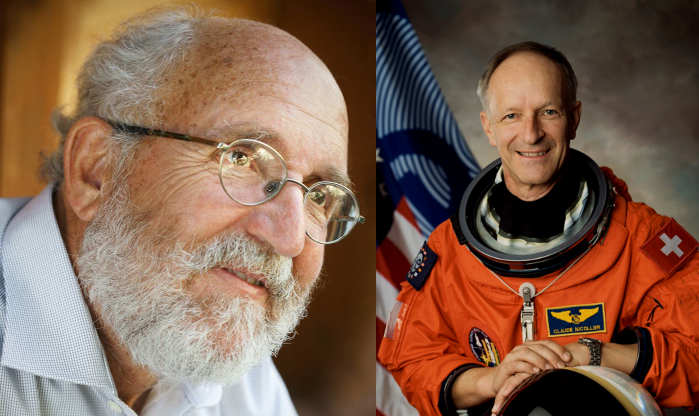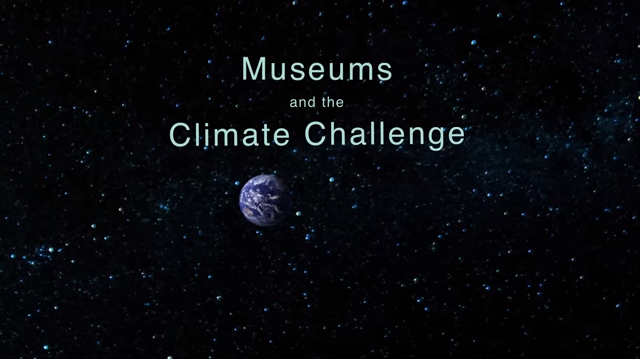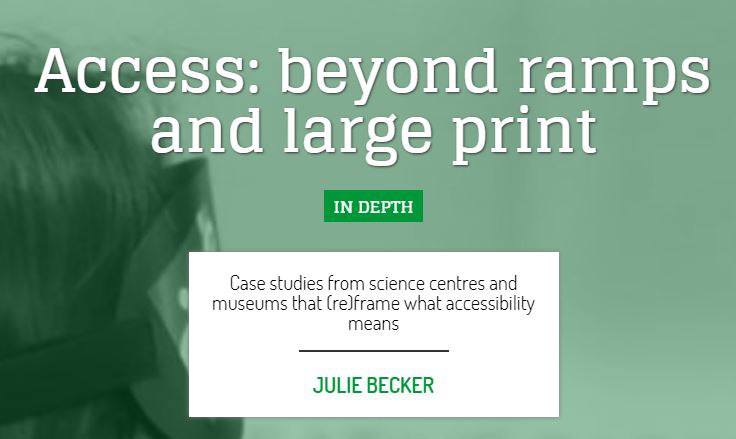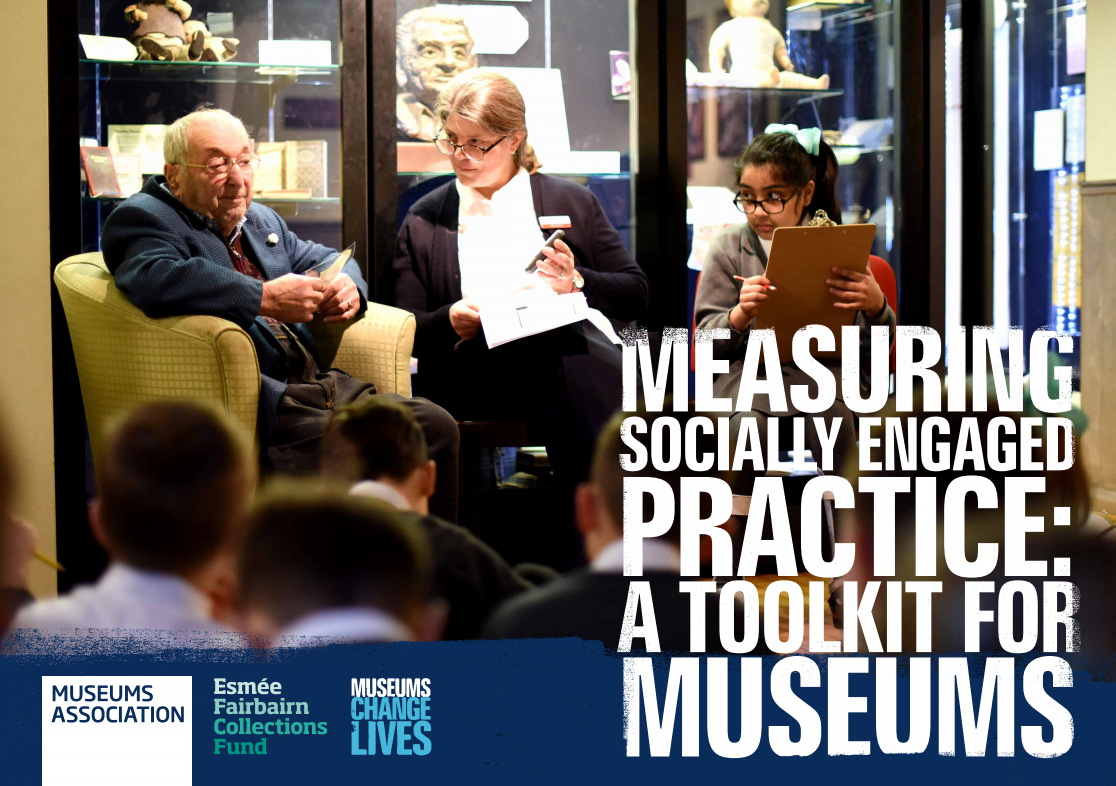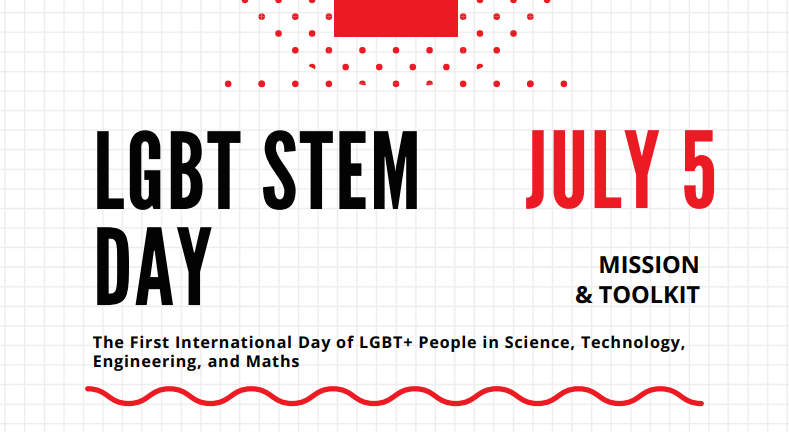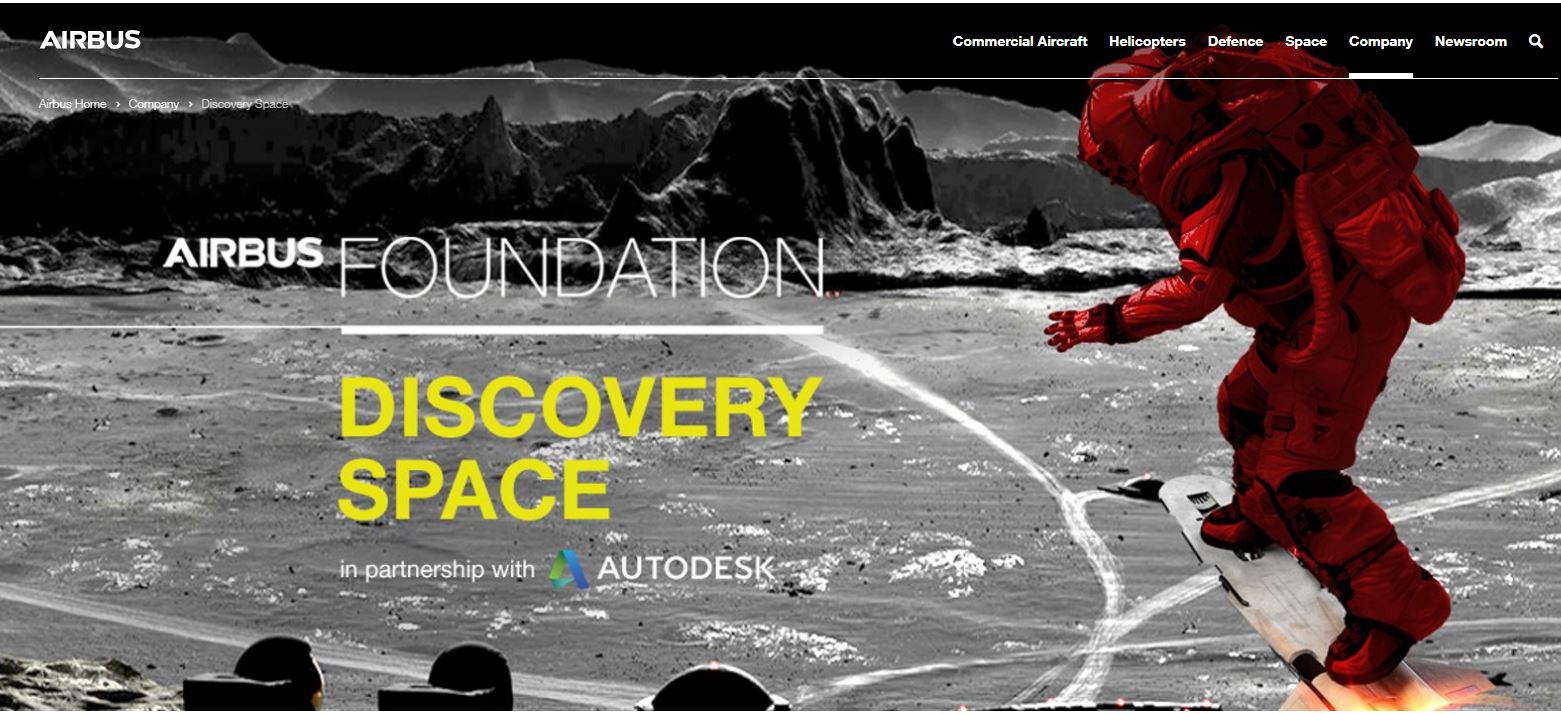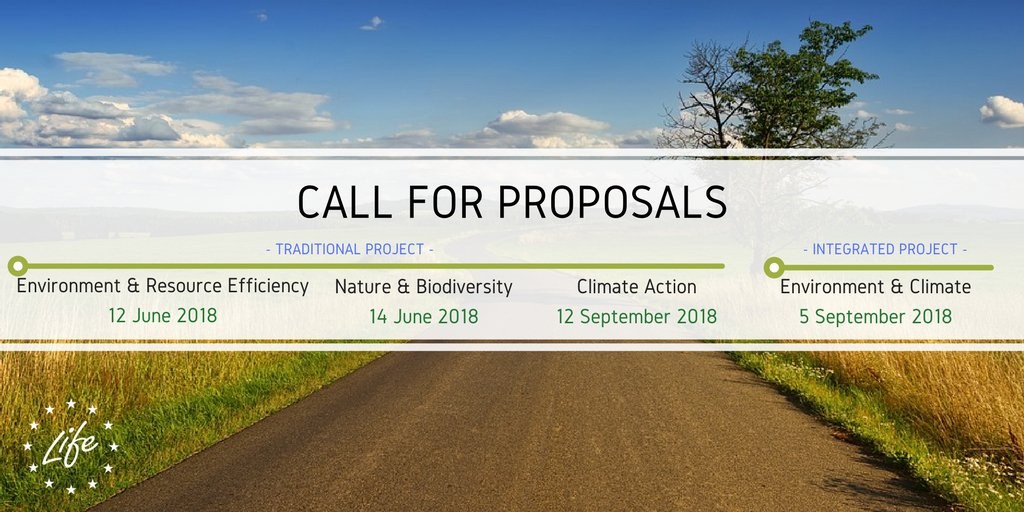May 2018 - Selection of articles
Each month, Ecsite lists interesting articles and publications in the field of science engagement. Read something good? Send the reference to communications@ecsite.eu.
SCIENCE ENGAGEMENT & MUSEUMS
Video: Museums and the Climate Challenge
The Alberta Museums Association (AMA), the Coalition of Museums for Climate Justice (CMCJ), and Shadow Light Production joined their strength to produce a series of 3 videos trying to involve museums in the combat against climate change. This first video raises awareness about this issue and provides tools for museums to lower their ecological impact.
Measuring socially engaged practice: a toolkit
The Museums Association (MA) has published a toolkit for museums on how to measure socially engaged practice. Produced by the Esmée Fairbairn Collections Fund, this toolkit recognises that measuring social impact can be difficult and is designed to help museums find the right approach for their participants and organisation. It also also helps museums assess the ethical considerations around the methods they choose to evaluate the social impact of their work.
Science Museum Group Journal
The 2018 Spring issue of the Science Museum Group Journal is focused on challenges of displaying energy. Spotted for you: an article about an interactive exhibition experience on necessities and challenges of energy transition created by the Deutsches Museum, a case-study about the Energise exhibition at the National Museum of Scotland and a description of the Museum of Electricity and Life employing theatre to engage disadvantaged children.
Museum or not? The changing face of curated science, tech, art and culture
In this article published in The Conversation on April 26, Caroline Wilson-Barnao describes how museums have been evolving from being stagnant cabinets of curiosity to now use integrative and multi-sensory technology. By illustrating her point with newly opened science centres such as Science Gallery Melbourne or the MOD, she demonstrates that those new methodologies and strategies are valuable to enhance visitor aged from 15-25 years' engagement at the digital era.
TRENDS IN SCIENCE AND SCIENCE COMMUNICATION
Science in the public debate: nourishing controversy, preventing polemic
Although critical points of view are essential to science, there is a difference between a controversy that generates debates and consensus between scientists and a polemic that inhibits progress and rational public policy. In this article published in April in The Conversation, Bassem Hassan and Alexandra Auffret point out the importance of involving scientists in the public debate to clarify the scientific process and avoid polemics.
Launch of the new JCOM América Latina
In April 2018, JCOM, the Journal of Science Communication, announced the launch of a sister journal, JCOM América Latina which will cater for the dynamic and fast-growing Spanish and Portuguese speaking science communication community. JCOM and JCOM América Latina will work closely together, providing free, open access publishing for science communication research across the globe.
Adolescents’ Perspectives on Personal and Societal Responsibility for Childhood Obesity — The Study of Beliefs through ‘Serious’ Game (PlayDecide)
This study published the 25 February in Children and Society is focused on adolescents’ perspectives on personal and societal responsibility for childhood obesity. To seek young people's views on food and health, Maria Zolotonosa from Ecsite's office and researchers in Psychology used the platform PlayDecide, coordinated by Ecsite and which is currently under a modernisation process.
EU & INTERNATIONAL AFFAIRS HEADLINES
Reconnecting natural and cultural capital - Contributions from science and policy
In February 2018, the framework of the European Year of Cultural Heritage launched a new book entitled "Reconnecting natural and cultural capital - Contributions from science and policy". This book offers a variety of valuable and inspiring contributions of authors from around the world, in an effort to meeting the challenge of reconnecting natural and cultural capital.

